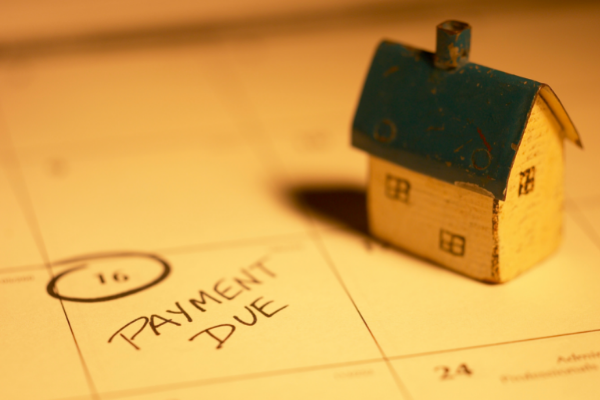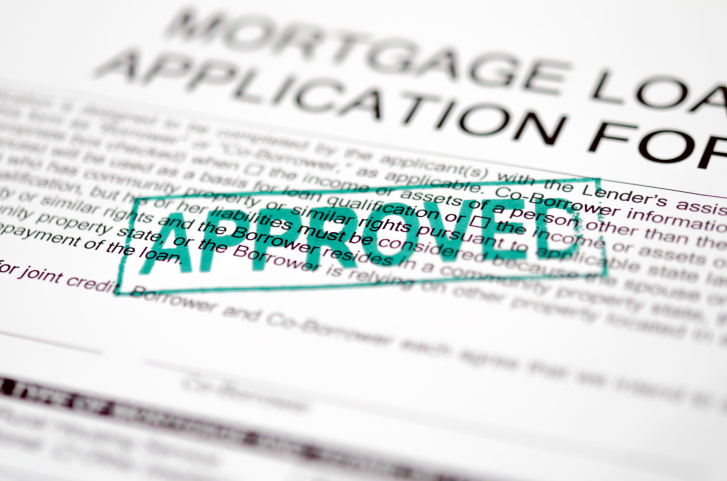 Closing on a new home is exciting and many people view their closing date as the finish line; however, even after closing a new home, there is still a lot that has to happen. What do new homeowners need to do after closing on a new home?
Closing on a new home is exciting and many people view their closing date as the finish line; however, even after closing a new home, there is still a lot that has to happen. What do new homeowners need to do after closing on a new home?
Mark The Date Of The First Payment
Every homeowner needs to know the first date of the new mortgage payment. They need to get their bank account set up for an automatic draft, or they need to send a physical check by that time. Keep in mind that the first payment might include a partial payment from the prior month as well.
Understand That The Loan Servicer Might Change
Anyone who is sending a physical check needs to be aware that the loan servicer might change. Many banks sell their loans to another entity, which means physical checks might need to go to a new address.
Watch For Potential Scams In The Mail
Many new homeowners receive a lot of junk mail and deceptive advertisements from scam artists. Anyone who has questions about the information they receive in the mail might want to talk to their real estate agent or lawyer to see what is real or what is fake. Sometimes, people try to sell homeowners on policies they already have, such as home insurance or mortgage insurance.
Make Sure Property Taxes And Homeowners Insurance Are Set-Up
Homeowners also need to make sure their property tax payments and homeowners’ insurance are set up. Often, the lender will escrow these payments, saving homeowners a significant amount of stress. This also means that homeowners need to make sure the lender is taking enough money every month to cover home insurance and property tax bills at the end of the year.
Look Past The Closing Date
These are a few of the most important tasks all new homeowners need to complete after closing on a new home. That way, nothing important gets overlooked, and homeowners are not surprised by anything they receive in the mail. Talk to a real estate or mortgage professional to learn more.
 When someone is looking at purchasing a home, they usually focus on the purchase price of the home and the potential monthly payment. At the same time, there are other costs that need to be included as well. This includes home insurance and real estate taxes.
When someone is looking at purchasing a home, they usually focus on the purchase price of the home and the potential monthly payment. At the same time, there are other costs that need to be included as well. This includes home insurance and real estate taxes.  Putting a house on the market can be a major life decision. Even though there might be a bit of a change during this time, there are ways to deal with the stress. Even though home showings, negotiations, and constant phone calls from real estate agents can be a lot to handle, there are a few tips for dealing with the stress. What do homeowners need to know if they are selling a home?
Putting a house on the market can be a major life decision. Even though there might be a bit of a change during this time, there are ways to deal with the stress. Even though home showings, negotiations, and constant phone calls from real estate agents can be a lot to handle, there are a few tips for dealing with the stress. What do homeowners need to know if they are selling a home?  Purchasing a home is an exciting time, but there is also a lot to manage. There are a lot of text messages, phone calls, and emails coming in. It is important for potential homeowners to keep them straight. Who are some of the most important people during the purchase process?
Purchasing a home is an exciting time, but there is also a lot to manage. There are a lot of text messages, phone calls, and emails coming in. It is important for potential homeowners to keep them straight. Who are some of the most important people during the purchase process? The law of supply and demand governs every area of the economy. The law is relatively straightforward. If there is more demand than there is supply, prices should be expected to rise. If there is more supply than there is demand, prices should be expected to fall. The same is true with houses, which have been rising quickly in price during the past year. Why is this the case, and what does this mean for the future?
The law of supply and demand governs every area of the economy. The law is relatively straightforward. If there is more demand than there is supply, prices should be expected to rise. If there is more supply than there is demand, prices should be expected to fall. The same is true with houses, which have been rising quickly in price during the past year. Why is this the case, and what does this mean for the future? A significant number of people are self-employed, which means they might be relying on this income to apply for a mortgage. It is true that people who are self-employed may face additional challenges when trying to get approved for a home loan when compared to someone with traditional W2 income, these are obstacles that can be overcome. With the right qualifications and documentation, even first-time homebuyers who are self-employed should be able to qualify for the home loan they need.
A significant number of people are self-employed, which means they might be relying on this income to apply for a mortgage. It is true that people who are self-employed may face additional challenges when trying to get approved for a home loan when compared to someone with traditional W2 income, these are obstacles that can be overcome. With the right qualifications and documentation, even first-time homebuyers who are self-employed should be able to qualify for the home loan they need.